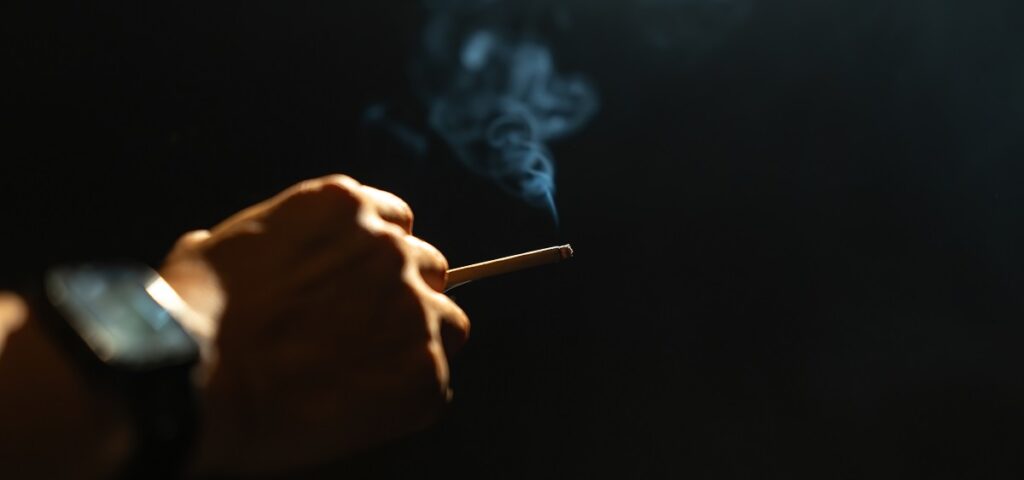Is banning actors and actresses from smoking on stage a violation of freedom of expression? The Superior Court of Quebec recently answered “Yes” and overturned a decision ordering three theatres in Quebec City to pay fines upwards of $500 each for smoking. The fines were issued by the ministère de la Santé (department of health) under the Tobacco Control Act. The Attorney General of Quebec is appealing the Superior Court’s decision, much to the dismay of the artistic community.

The Superior Court’s decision contradicts the Court of Québec’s decision, issued in November 2021. In this first decision, the Court of Québec found that “smoking tobacco during a theatrical performance is not expressive content, as no message is conveyed”. Banning smoking could therefore not be an infringement of “artistic freedom of expression”.
Aside from the issue of freedom of expression, why did the ministère de la Santé consider that smoking on stage went against the Tobacco Control Act? Was it because the theatres exposed the public to the harm of second-hand smoke in an enclosed space? Or did the ministère de la Santé take issue with “the act of smoking” since it could influence the public to smoke — in the same way an advertisement could?
The ban on smoking
According to the Court of Québec judge, a stage actor or actress is allowed to simulate “the act of smoking”, without lighting a cigarette.
The Court thus found that the three theatres violated the law by smoking in enclosed spaces, such as artistic and cultural venues. It didn’t matter that the cigarettes contained sage – and not tobacco or cannabis – since the cigarette ban applies to any product that is meant to be smoked, including products containing herbs or aromatic plants. According to the Court of Québec judge, freedom of expression does not justify smoking indoors.
The Superior Court judge disagreed. According to him, smoking can convey a message and have meaning, as was the case in the plays produced by the three theatres. As a result, smoking could be protected by freedom of expression.

Freedom of expression
Among the fundamental rights and freedoms protected by the Quebec and Canadian charters is freedom of expression. These rights and freedoms are not absolute however: a law could impose limits on them in order to protect the interests and values of a democratic society.
In the past, the Quebec government has used this reasoning to challenge the freedom of expression of some artists, and for far more serious offences than those related to the Tobacco Control Act.
For example, in 2009, a make-up artist was arrested and faced three counts of corrupting morals for producing, possessing and distributing obscene materials on his website. That same year, a horror writer was charged with producing child sexual abuse materials because he described the physical, sexual and psychological abuse suffered by underage children in one of his books.
In both cases, the artists were acquitted. They were able to show that their creations were art, and that the accusations laid against them restricted their freedom of expression.
What’s more, there were no victims involved in either case. The make-up artist worked with consenting actresses for his fake murder productions, and the children in the horror book were fictional.
Exceptions to the smoking ban in public places
In Quebec, smoking isn’t only banned in cultural and artistic venues. It’s also banned at tourist sites, sports fields, playgrounds, restaurants and bars (including terraces), and bingo halls.
However, there are exceptions to this rule. For instance, cigar and pipe smoking (including shisha) is allowed in certain establishments. The Tobacco Control Act also states that a person operating a tourist accommodation establishment is allowed to identify rooms where smoking is permitted.
However, the number of rooms where smoking is permitted cannot exceed 20% of all rooms available. Additionally, these rooms must be grouped together in order to reduce non-smokers exposure to second-hand smoke as much as possible.





